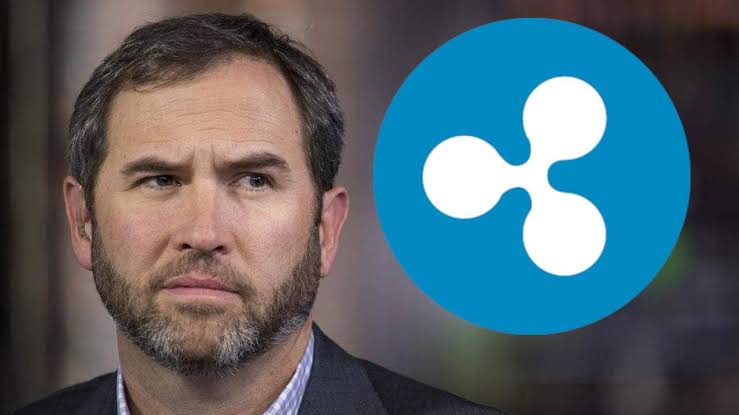Ripple CEO Brad Garlinghouse addressed the controversy over co-founder Chris Larsen’s $10 million donation to Kamala Harris.

Recently, Brad Garlinghouse, the CEO of Ripple, has taken the initiative to address the ongoing conversation surrounding Chris Larsen, the co-founder of Ripple, who contributed $10M to Kamala Harris’s campaign, the Vice President of the United States.
In addition to praising Larsen for his decision, Garlinghouse emphasized that Ripple does not endorse any one party in relation to the regulation of cryptocurrencies.Garlinghouse was particularly interested in advocating for policies that foster technological advancement, as opposed to the political party system.
His remarks follow a series of high-profile donations to the cryptocurrency field during the current election campaign. The many groups within the cryptocurrency industry have welcomed these contributions with both praise and condemnation.
Ripple CEO Brad Garlinghouse emphasized on the X platform that political considerations should not influence the regulation of the cryptocurrency business. In light of the fact that blockchain technology and digital assets have the potential to assist in the transformation of financial systems, he emphasized that both sides have to accept them.
Garlinghouse stated that “we need to immediately change course from this administration’s misguided war on crypto,” and he also mentioned that Ripple will be collaborating with both parties. His comment is consistent with the legal actions that Ripple is now taking in order to obtain improved legislation that would make it possible for cryptocurrency companies to operate under the laws of the United States.
At the same time, Brad Garlinghouse has been very vocal about what he considers regulatory aggression on the part of the United States Securities and Exchange Commission (SEC), which sued Ripple not too long ago. Some people in the cryptocurrency world have expressed their gratitude for Chris Larsen, co-founder of Ripple, for making a financial gift to Kamala Harris, while others have shown their lack of appreciation.
Some individuals argue that the focus on political donations is distracting people from the real issues affecting the average person. There’s more to life than crypto, Brad,” a user on X said, highlighting the country’s healthcare and inequality issues. This viewpoint is consistent with a more general discussion about whether or not the lobbying efforts of the cryptocurrency sector are excessively self-serving, rather than taking into account the influence that the industry has on society.
As this happens, questions remain about whether the donations will influence cryptocurrency regulation in the future. On the other hand, there are many who believe that while Democrats, and Harris in particular, have been getting campaign funds from crypto leaders, this does not always mean that they will turn pro-crypto.
The regulatory environment in the United States, and more specifically the role of the Securities and Exchange Commission (SEC), is one of the primary grounds of dispute for Ripple and its management. Brad Garlinghouse has expressed his disapproval of Gary Gensler, the Chairman of the Securities and Exchange Commission, for his strong stance, arguing that the commission’s lack of clear guidance is hindering innovation.
Concurrently, there have been reports that have appeared regarding a possible change in leadership at the Securities and Exchange Commission (SEC). We are evaluating Chris Brummer, a law professor at Georgetown University, and Erica Williams, the chair of the Public Company Accounting Oversight Board (PCAOB), as potential Gensler replacements in the event that Kamala Harris wins the presidency.
The comments made by Garlinghouse also touched on Ripple’s future strategy, noting that the company would continue to work with both political parties regardless of the outcome of the election.
